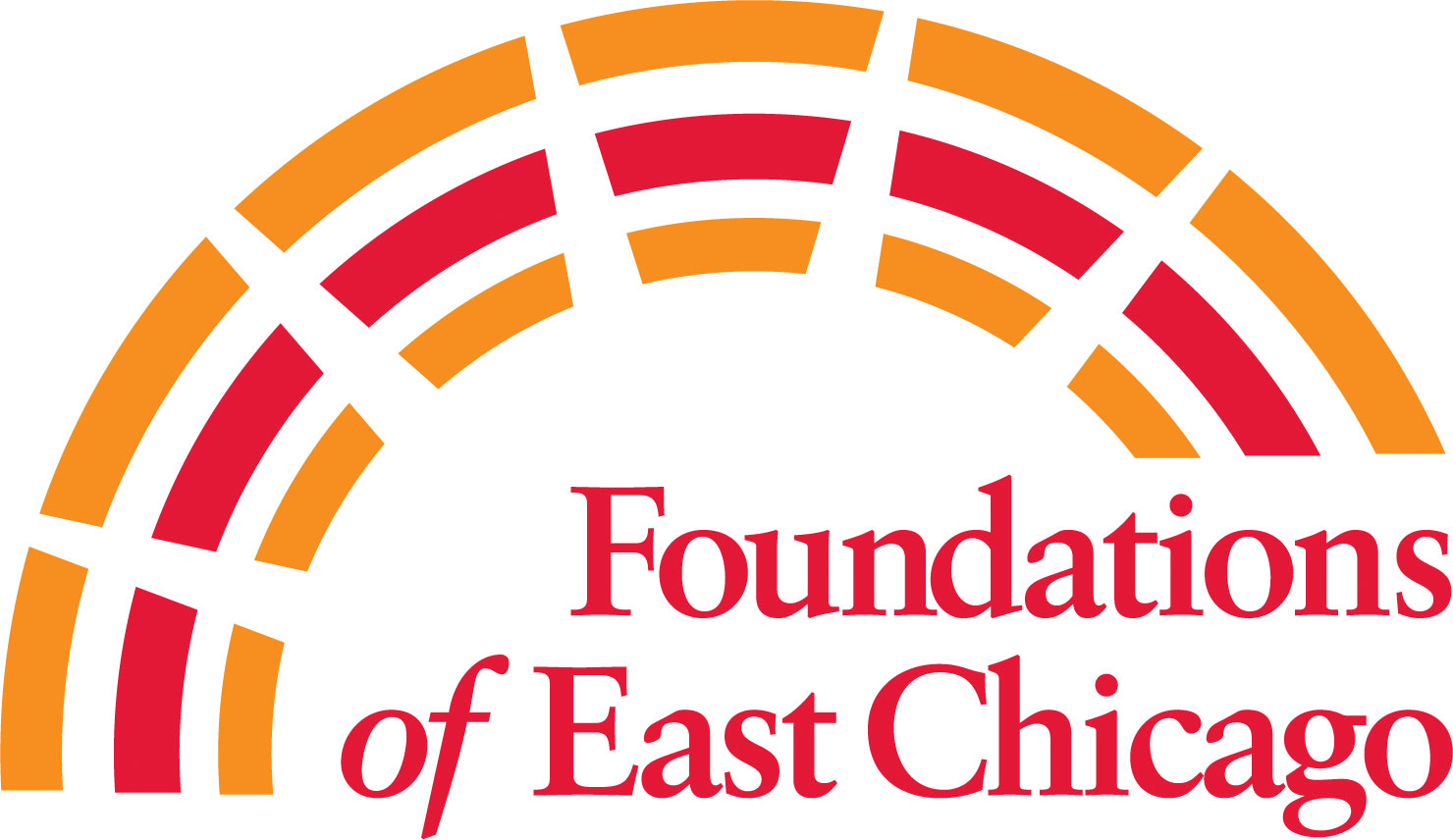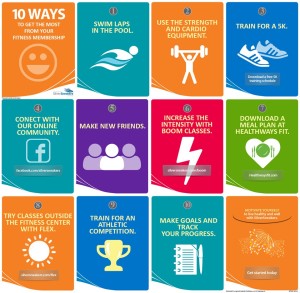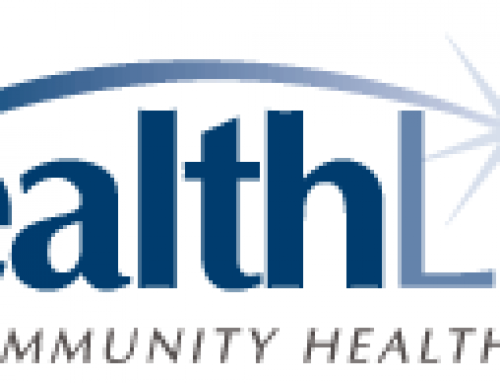The Silver Sneakers Fitness Program was founded on the premise that for health care to be viable in the long run, preventive, cost effective measures needed to be incorporated into the continuum of care. Thanks in part to a grant from the Foundations of East Chicago, the local, hospital-based program has been provided with a comprehensive facility and the Foundations also covers the $45.00 orientation fee. For answers to frequently asked questions about the program, see below:
Originally posted on Silver Sneakers Fitness
How exercise can help your heart
Did you know that physically inactive people are twice as likely to develop coronary heart disease as regularly active people? Here is some valuable information on physical activity and cardiovascular health from the American Heart Association.
If I exercise, will I prevent heart disease?
Physical inactivity, along with cigarette smoking, high blood pressure and high blood cholesterol, is one of the major modifiable risk factors for heart attack. There is no guarantee that you won’t get heart disease, but you’ll reduce your chance of heart disease if you avoid the risk factors.
I have been inactive for years. Shouldn’t I see a doctor before I start exercising?
Older adults who are inactive and at high risk for heart disease (or who already have a medical condition) should seek medical advice before starting or significantly increasing their physical activity. Most healthy people of any age safely can engage in moderate levels of physical activity (e.g., moderate walking, gardening, yard work) without consulting a doctor first.
How much physical activity is enough?
If you’re inactive, doing anything is better than nothing! Studies show that people who have a low fitness level are much more likely to die early than people who have achieved even a moderate level of fitness. If you want to exceed a moderate level of fitness, you need to exercise for 30 to 60 minutes, on most days of the week, at 50 to 80 percent of your maximum capacity.
Is exercise safe?
The potential health benefits of exercise greatly outweigh the risk, although there is a very slight increased risk of death due to heart attack during vigorous exercise. Consult your doctor first if you are an older adult, have any concerns, have been sedentary, are overweight or have a medical condition.
Do I need to do vigorous exercise?
No, it is possible to lower your health risks doing moderate-level activities. If you want to attain a high level of cardiovascular fitness, you should gradually work up to exercising on most days of the week for 30 to 60 minutes at 50 to 80 percent of your maximum capacity.
Do women get the same benefits from exercise as men?
Most studies showing the positive effects of exercise have been done with men. The few studies that have included women have indicated that women may benefit even more than men from being physically fit. Early indications show that physically fit women enjoy even greater reduced rates of death from heart disease than men.
Women who don’t exercise have twice the chance of dying from heart disease as women who do exercise. Similarly, women who smoke double their chances of dying from heart disease when compared to women who don’t smoke. Women may live longer than men, but they don’t necessarily live better. Elderly women who haven’t been physically active experience more disability in their daily functioning than women who’ve been active.
I am an older adult. Is it too late for me to become physically active? Should I take special precautions?
More and more, older adults are proving every day that they aren’t too old to exercise. In fact, the older you are, the more you need regular exercise. However, you should take some special precautions.
-If you have a family history of heart disease, check with your doctor first.
-Don’t try to do too much too fast.
-Exercise at an intensity appropriate for you.
-Pick activities that are fun, that suit your needs and that you can do year-round.
-Wear comfortable clothing and footwear.
-Choose a well-lighted, safe place with a smooth, soft surface.
-Take more time to warm up and cool down before and after your workout.
-Stretch slowly.
For more information on physical activity and cardiovascular health, please visit the following websites:
www.americanheart.org
www.agingblueprint.org
www.activelivingleadership.org
www.womenshealth.gov
For more information about how the Foundations of East Chicago is contributing to public health locally in East Chicago, check out our website, find us on Facebook, and follow us on Twitter.







